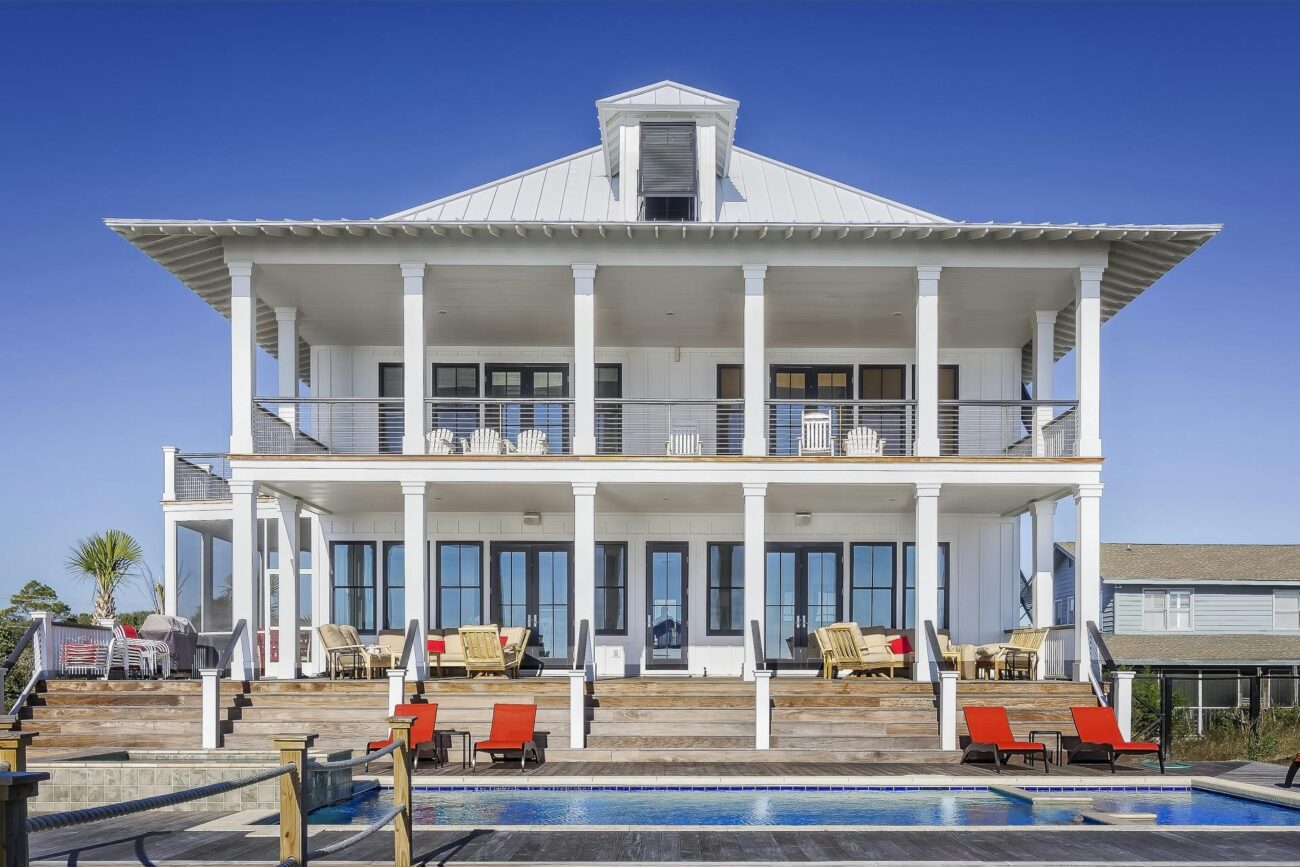When it comes to commercial real estate investment, financing can often feel like a Herculean task. However, the U.S. Small Business Administration (SBA) offers a valuable resource: SBA loans. This guide aims to demystify SBA loans for commercial real estate investment, detailing their types, requirements, application processes, and benefits. Whether you’re a seasoned investor or just starting, understanding SBA loans can significantly enhance your investment strategy.
What Are SBA Loans?
SBA loans are government-backed loans designed to assist small businesses in obtaining financing that they might otherwise struggle to secure. The SBA doesn’t lend money directly but partners with banks and lenders to guarantee a large portion of the loan, thereby reducing the risk for lenders and making it more accessible for borrowers.
Types of SBA Loans for Commercial Real Estate
-
SBA 7(a) Loan Program
- Overview: The most versatile of SBA loans, the 7(a) program is suitable for various business needs, including purchasing commercial real estate.
- Loan Amounts: Up to $5 million.
- Repayment Terms: Generally 10 to 25 years for real estate.
- Use: Acquisition of land, new construction, renovation, or purchasing existing buildings.
-
SBA 504 Loan Program
- Overview: Specifically designed for purchasing real estate or major equipment, the 504 loan is ideal for investors seeking long-term, fixed-rate financing.
- Loan Amounts: Typically up to $5 million for standard borrowers.
- Repayment Terms: Usually 10 or 20 years, allowing for manageable monthly payments.
- Use: Purchase of land, buildings, or large machinery.
-
SBA Microloan Program
- Overview: This program provides smaller loans aimed at startups and small businesses.
- Loan Amounts: Up to $50,000.
- Repayment Terms: Averages six years.
- Use: Although limited for large commercial real estate purchases, it can help businesses needing quick cash for minor investments or renovations.
Eligibility Requirements for SBA Loans
To qualify for an SBA loan, applicants usually need to meet specific criteria:
- Business Size: Must qualify as a small business as defined by the SBA.
- Credit Score: Generally, a credit score of 680 or higher is preferred, though lower scores may still be considered based on other factors.
- Debt-to-Income Ratio: Must demonstrate a manageable debt-to-income ratio.
- Business Plan: A detailed business plan demonstrating how the real estate investment will contribute to business performance.
- Collaterals: Real estate assets are often used as collateral.
The Application Process
-
Prepare Your Documentation: Gather relevant documents such as financial statements, tax returns, and a solid business plan.
-
Choose the Right Lender: Not all lenders participate in SBA programs. Research lenders who have experience with SBA loans, particularly for commercial real estate.
-
Complete the Application: Fill out the SBA loan application and submit required documents.
-
Review and Approval: The lender will review your application, and upon approval, the SBA will guarantee a portion of your loan.
-
Closing: If the loan is approved, you will close on the property and begin your investment journey.
Benefits of SBA Loans for Commercial Real Estate
-
Low Down Payments: Unlike traditional loans that may require 20%-30% down, SBA loans often allow for lower down payments (as low as 10% in some cases).
-
Longer Repayment Terms: Extended repayment periods not only lower monthly payments but also free up cash flow for other investments.
-
Fixed Interest Rates: Fixed rates provide stability in budgeting and financial planning.
-
Asset-Based Financing: SBA loans are typically secured by the property being purchased, making them more accessible for investors with valuable assets.
Challenges and Considerations
While SBA loans offer significant advantages, potential borrowers should also consider challenges such as:
-
Lengthy Approval Process: The SBA loan approval process can take longer than traditional loans due to additional paperwork and review stages.
-
Complex Requirements: Meeting eligibility requirements can be daunting for some small businesses.
-
Personal Guarantees: Most SBA loans require personal guarantees, putting personal assets at risk.
Conclusion
SBA loans can be a game-changer for commercial real estate investors. They provide lower down payments, longer repayment terms, and the ability to secure larger loans, making them highly attractive for those looking to expand their real estate portfolios. By understanding the various SBA loan programs, eligibility requirements, and the application process, robust strategies can be implemented to capitalize on these financing options.
Investing in commercial real estate with an SBA loan can open new doors and lead to long-term success. As the real estate market continues to evolve, having the right knowledge can empower you to make informed decisions and unlock your path to investment success. If you’re ready to take the plunge into commercial real estate, SBA loans are a strategic choice worth considering.
